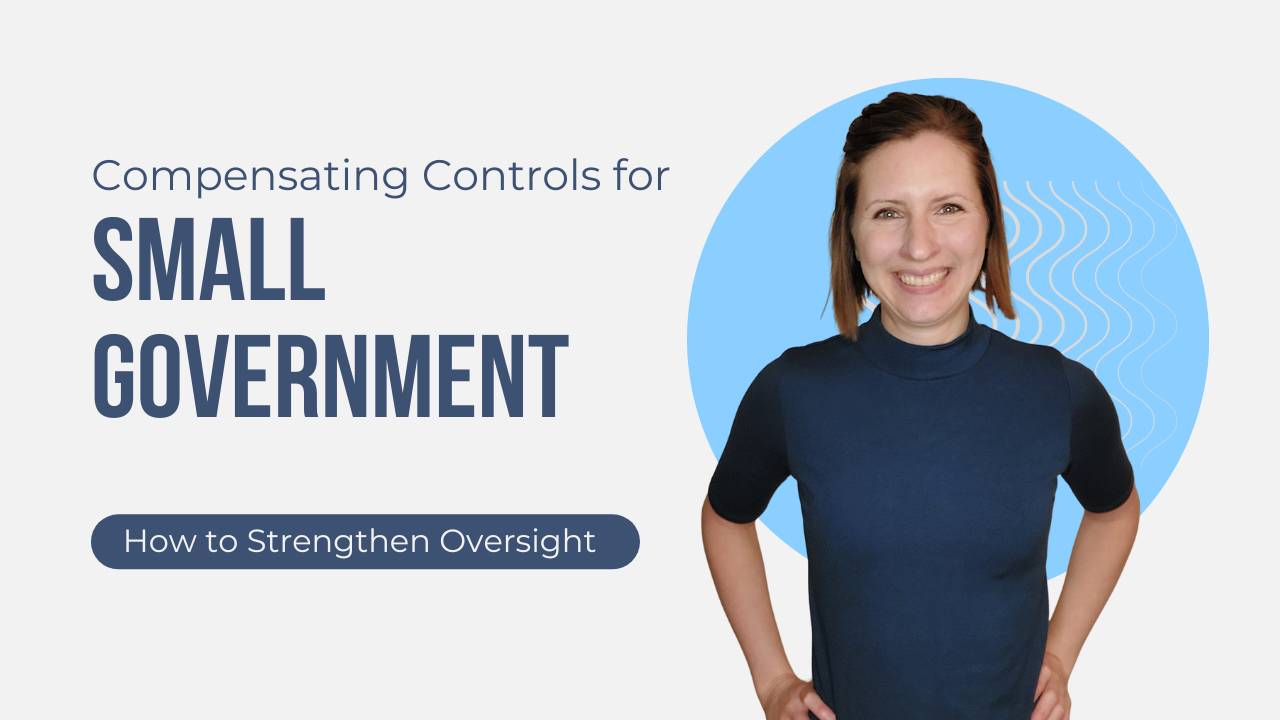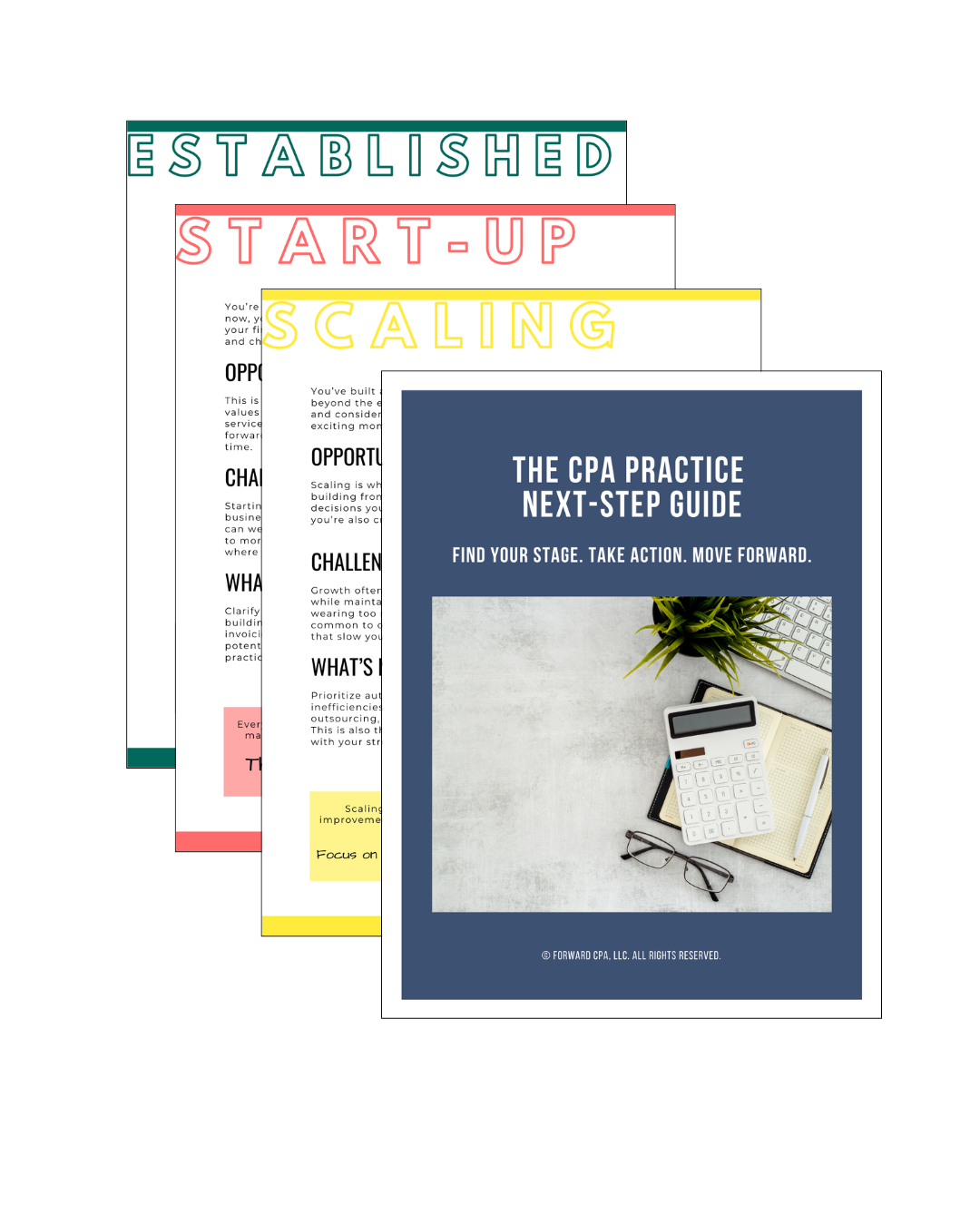Managing Deadlines Across 10+ Government Audits Without Losing Your Mind
Aug 05, 2025
One school district wants early fieldwork.
Another can’t close their books.
A city adds a federal grant you didn’t know about.
And you’ve got 10 (or more) government audits to deliver—on time, with quality, and ideally without working every weekend.
Sound familiar?
Government audits come with fixed deadlines, recurring clients, and overlapping demands. And when you’re managing them all yourself—or with a lean team—you need more than a checklist. You need a system.
Here’s how to manage 10+ government audit deadlines without losing your mind (or your margins).
1. Map All Deadlines in One Place (Not in Your Head)
Your calendar isn’t a memory test.
✅ Create a master audit calendar that includes:
-
Contract delivery dates
-
Required state or federal filing deadlines
-
Fieldwork start and end dates
-
Draft review due dates
-
Board meeting dates (for final presentation)
Bonus: Color-code by phase (planning, fieldwork, draft, final) to quickly see what’s stacked.
Use Google Calendar, Outlook, or a simple spreadsheet—whatever keeps it visible and current.
2. Work Backward from the Final Due Date
Once you have a deadline, work backward to build realistic checkpoints.
📆 Sample timeline for a 9/15 due date:
-
9/5: Final report ready for board
-
8/20: Draft report sent to client
-
8/10: Adjustments and disclosures finalized
-
7/20: Fieldwork complete
-
6/30: Trial balance and PBC list due from client
-
6/1: Pre-audit planning meeting
Pro tip: Share this timeline with the client during kickoff—it sets expectations and creates shared accountability.
3. Standardize Your Audit Setup and Folder Structure
If you spend time recreating folders, rolling forward workpapers, or hunting for the right format, you’re burning time you don’t have.
✅ Use:
-
A templated folder structure
-
Master workpaper templates for common audit areas
-
Pre-filled AJE logs, capital asset schedules, debt rollforwards, and disclosure shells
-
A naming convention like
FY24_[Client]_Audit_[Section]
The goal: You’re not reinventing anything. You’re simply executing.
4. Use Checklists That Track Progress—Not Just Tasks
Create an audit checklist for each engagement that shows:
-
Prep progress (PBC received, trial balance posted)
-
Fieldwork status (completed areas, outstanding tests)
-
Review and wrap-up
-
Adjustments logged and posted
-
Report drafted and approved
Even better: Maintain a summary view across all clients to see where each one stands at a glance.
5. Protect Your Time with Staggered Start Dates
Starting every audit the same week? That’s how burnout happens.
✅ Try this:
-
Group clients by readiness (early closers, on-time, likely late)
-
Stagger kickoff meetings across a 4–6 week window
-
Limit overlapping fieldwork weeks to 2–3 audits at a time
-
Leave margin in your calendar for surprises (because there will be surprises)
Scaling doesn’t mean doing more at once. It means doing more intentionally.
6. Automate Communication and File Requests Where You Can
You don’t need to write 10 emails with the same PBC list.
Use:
-
Shared PBC templates with deadlines
-
Client portals or secure folders for uploads
-
Automated reminders (via email or project tools)
-
Canned responses for FAQs like “Where should I upload this?” or “What’s still missing?”
This keeps you focused on the audit—not the admin.
7. Document What Slowed You Down—While It’s Fresh
After each audit, spend 10 minutes documenting:
-
What worked
-
What caused delays
-
What templates or tasks need improvement
-
What you’d do differently next year
Then build that insight into next year’s kickoff.
This is how you get faster and better.
The Secret Isn’t Hustle—It’s Structure
Managing 10+ government audits doesn’t have to mean working nights and weekends.
It means:
✅ Setting clear expectations
✅ Reusing great templates
✅ Spreading out your schedule
✅ Protecting your time
✅ Making next year easier than this one
You’re not just juggling deadlines. You’re running a system.
And the more you invest in that system, the less chaos you’ll carry.
Manage the work.
Don’t let the work manage you.
Your Next Step Forward
Join the newsletter designed to help CPAs take the next best step in building a practice they love, with practical insights, game-changing tools, and quick wins in every email.
We hate SPAM. We will never sell your information, for any reason.




